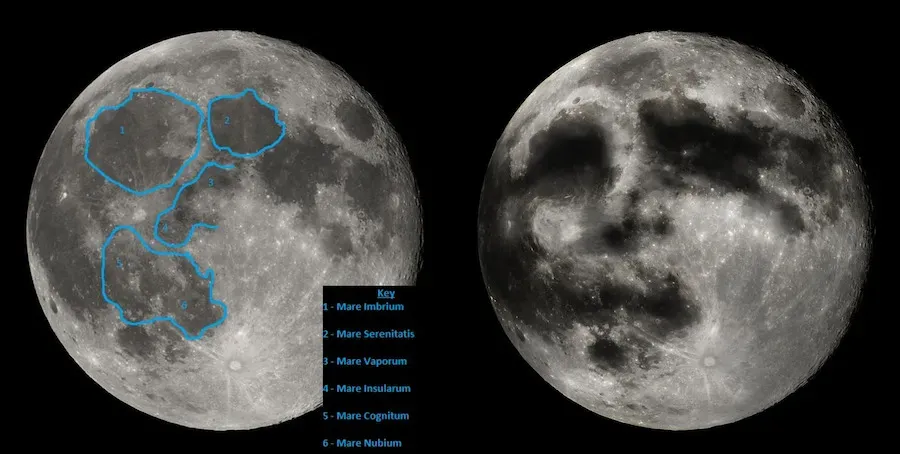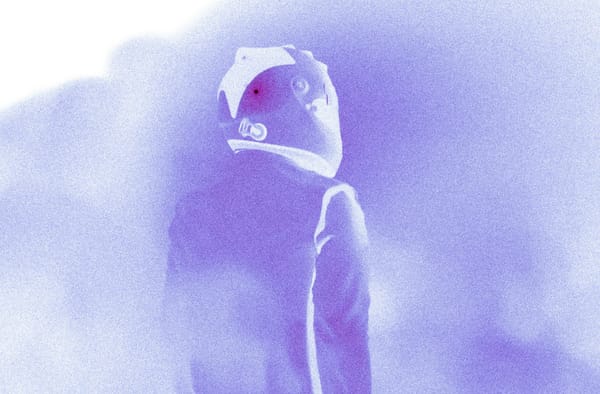Pareidolia

We are constantly bombarded with stimuli. Sight, sound, and smell. When we are, our brain interprets this as a pattern. It then uses past memories or experience to determine what you experienced. Sometimes it goes wrong.
Pariedolia is a psychological phenomenon where we perceive recognisable images or patterns in random or ambiguous visual stimuli. When you saw God in the clouds or the face of man on the moon.
Scientists will quickly tell you that, in fact, there is no man on the moon. Not even someone who fancied themselves as Picasso and left the face behind as art work.
So then why do you argue convincingly that you saw something, and "these scientists" are always dismissing everything they do not understand?
More importantly, how can you use this understanding to perhaps change the way you look at your life, your mind, your body, and the choices you make?
While the more obvious example is to see a face on the moon, there are actually plenty of such examples in our everyday lives.
We see colours that do not exist. For example, scientists have shown that, in fact, there is no colour called magenta in the world.
Your brain, while trying to interpret the world, created subtle hues in order to be able to see shapes and forms and tell one from another.
To have to believe that each time I look at Picasso's work, my mind is fabricating the hues and tones, and the shades bent my mind as well.
But it is the truth. So much so that one famous artist is believed to have said that a painting is where the universe meets the mind.
Your mind is making up the painting each time you see it. The artist simply painted something that would remain in your mind.
So how can you use it for your benefit? Well, to start with, the realisation that what our ancient scriptures said about the world being Maya or an illusion might have been true after all.
What we see in the world around us is being fabricated by the brain.
Reach out to me on twitter @rbawri Instagram @riteshbawriofficial and YouTube at www.youtube.com/breatheagain






